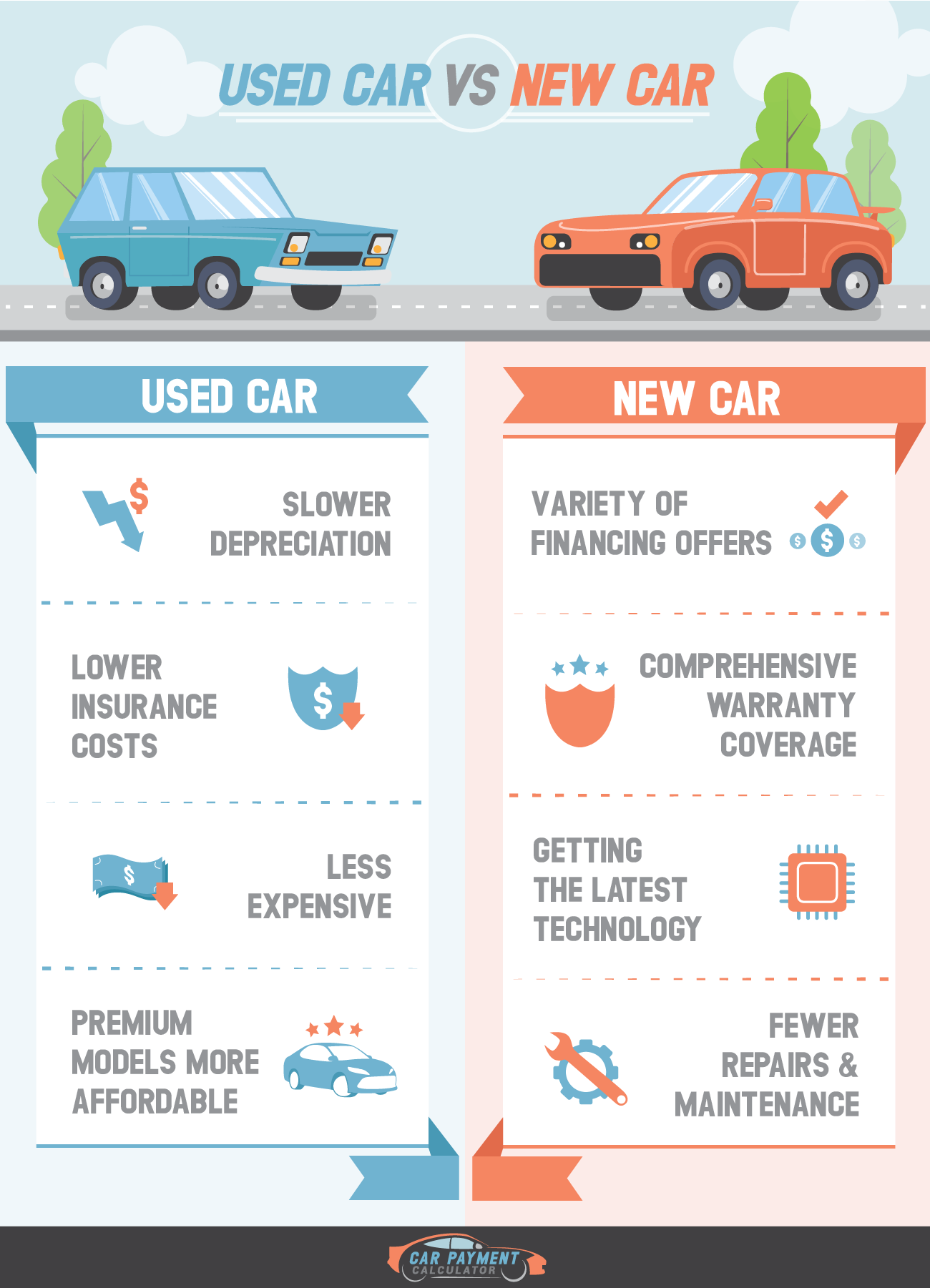" I would recommend that, if possible, do not position pressure on yourself to be profitable instantly since some kinds of company, such as blogging, are a long video game. In general, my suggestions is to do your finest, respond to feedback from your audience, and pivot your content or product appropriately." This article was originally released on.
Although we all use our bank accounts daily, many of us may not understand how banks really work. With examining accounts that pay you interest and complimentary ATM services, how do banks earn money? Well, you much better believe banks are a company and earnings is their leading priority. Let's enter it! Basically, banks do not make a profit up until they have your money, so drawing in and maintaining customers is essential for banking organizations.
Like any organization, banks have costs and revenue streams that they strategically utilize in order to grow. Banks are understood for charging charges or recurring costs to account holders, but the main way they generate income is through loans. Below are the main methods which banks make money. When you deposit your money in a checking account, the bank uses that money to make loans to other individuals and businesses to whom they charge interest - how do 0% finance companies make money.
However, they gather more interest on the loans they provide to others than the quantity of interest they pay to account holders like you. This, in turn, earns them a profit. For instance, your standard monitoring account may make you 1% every month, but the bank is utilizing those funds (pooled together with many other accounts') to release home mortgages at 4%, student loans at 12%, and credit cards at 20%.

Huge banks can make more than $50 billion each year on interest alone and comparable quantities on other product and services. By providing you pennies each month, the banking organization is earning millions. Another way banks earn money is through regular or case-by-case charges. These may include: which are typically credited your https://zenwriting.net/regwan38c1/record-keeping-reporting-registration-and-all-other-areas-of-compliance-have account monthly simply for being open.
7 Easy Facts About How Do 0 Finance Companies Make Money Explained
for not utilizing your account often enough. Make sure to look into this before opening an account you prepare to hardly ever use. when you spend more than you have in your account. You can avoid these by staying on top of your spending plan. from cost savings accounts, which have monthly caps mandated by the federal government.

if you choose not to receive online declarations. Going paperless is more environmentally friendly, easier to track, and efficient anyway, so certainly consider this alternative. for lost or taken debit cards. if you use specific ATMs outside of your bank's network. if you deposit somebody else's bad check, even if you do so unwittingly.
While swiping your debit or charge card is generally complimentary to you, a transaction or processing charge called interchange is generally generated. This fee is charged by your bank to the merchant's bank (merchant being the store where you made the purchase) as a portion of your deal. The merchant's bank then deducts this cost and their own processing cost, from the expense of your purchase.
In the process, the banking parties included generate income from charges that the coffee bar needs to pay. This is why often you'll see minimum purchase requirements in certain stores, as these fees can accumulate quickly. Just like any other business, banks also have their share of costs they need to pay to keep things running.
These expenses include standard operational spending like employee wages and benefits, devices and IT, lease, taxes, and expert services like marketing. On the other hand, banks also have "interest expenses," which are the cost of interest on loans they take out, simply like you pay when you secure a loan.
Getting The How Much Money Does A Microsoft Vp Of Finance Make To Work
When you deposit cash in your savings account, you're paying an "opportunity cost". This implies, rather of investing that cash yourself, you're permitting the bank to make an earnings utilizing your money. In exchange, you'll get a safe location to store your cash and you'll make a really small interest portion.
When you do this, you can figure out how much to put in the bank and just how much to invest somewhere else. Here are some key things to try to find in a bank. The first thing you need to search for in a bank is that it's insured by the FDIC. If it is, that suggests you're covered for losses of at least $250,000 if the bank goes out of organization.
Examine whether the costs use to you, if the charges are worth it in exchange for any benefits, and if there's a way to waive or avoid the fees. Consider this: An $8 regular monthly maintenance cost throughout 5 years is nearly $500. If you believe that $500 could be better spent or invested, make your choices accordingly (how much money do you make as a finance major).
You're not confined to the closest or best-known bank. While it might work to ask around, do your own research because many individuals choose a bank out of benefit, instead of digging into all the factors at play. There are numerous options that each have their own pros and cons.
While their client service might have extended hours, it may likewise be less personal because of the volume of clients they handle everyday. You are far more most likely to have account costs with these bigger banks. These community-focused banks may do more to offer back and promote the regional economy - which finance careers make money.
How Much Money Should To Make To Finance 911 Things To Know Before You Get This
Their services might be restricted compared to their bigger competitors, and if you travel often, you may miss the benefit of significant areas. Very similar to local banks in service, cooperative credit union have a not-for-profit structure and are owned by the clients. (Basic banks are investor-owned.) This means you become a partial owner when you open a cooperative credit union account and deposit money.
Nevertheless, these smaller sized organizations have less reach than the big names in banking. Having actually ditched the brick-and-mortar, online banks operate completely on the webthis is both a professional and con depending upon your relationship with innovation. Online banking is often free and may even pay higher rates of interest on accounts than standard banks.
Some huge banks do offer online banking, so this might be a hybrid choice for you. The excellent news is, there are a lot of choices out there to assist you manage your money. The challenging part is determining which is the very best fit. Do not hesitate to search prior to dedicating.
" Make your cash work for you" is such common personal financing guidance that it surrounds on being clich. But what does it actually indicate? And more notably, how can you do it?There's no simple response or a single method to do it. In fact, almost everyone can find a minimum of one method to put their cash to work.